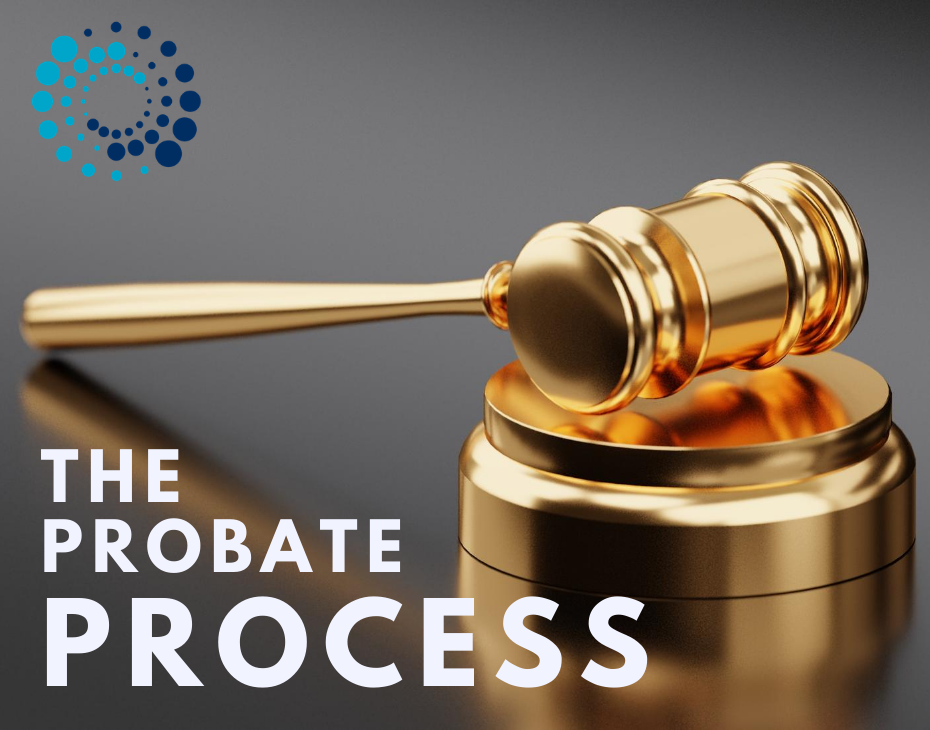Ever wondered how the probate process works? The probate process varies state to state and even county to county, in terms of costs, money and the time it takes from start to finish. Usually, the estate must hire an attorney to assist the Personal Representatives in all of the tasks and necessary paperwork. A simple probate takes a few months. If litigation is involved, it may take several years. The average probate may last a year.
How Probate Works-Probate Process
- File the Will, if exists, with the Court.
- File the Death Certificate without listing cause of death.
- Petition the court to open a probate. Any interested party can petition the court.
- The court appoints a personal representative and admits the Will to probate.
- Personal representative notifies the creditors of the decedent (person that died). Creditors then file claims against the estate. The claims are paid, or objected to.
- The assets of the estate are distributed per the terms of the Will. If no Will then pursuant to the laws.
We left out much of the documentation that the personal representative files. Probate is document-intensive. However, this is a look into the probate process so it becomes less foreign, and more understandable.
As you know, many try to avoid this process. It delays administration of the estate and the disbursement of the funds to the beneficiaries. Plus, it is an added expenses that cuts into the amount you leave behind to your beneficiaries.
Lori Vella is an Estate Planning and Business Attorney. She works virtually throughout Florida and New York, but has her home office in Tampa, Florida. She is mom to a little boy which ignited the passion for helping other families. She and her son enjoy car rides, playgrounds and taking mini-adventures. They also have an organic garden that surprisingly yields vegetables. Lori considers herself well-versed in Seinfeld and welcomes any trivia!
Disclaimer: The Law Office of Lori Vella’s website contains general information directed to Florida residents. This firm does not intend to give legal advice through its pages and/or blog. If you need legal advice, we encourage you to find an attorney licensed in your state. This language on this website does not create an attorney-client relationship between you and this firm.

